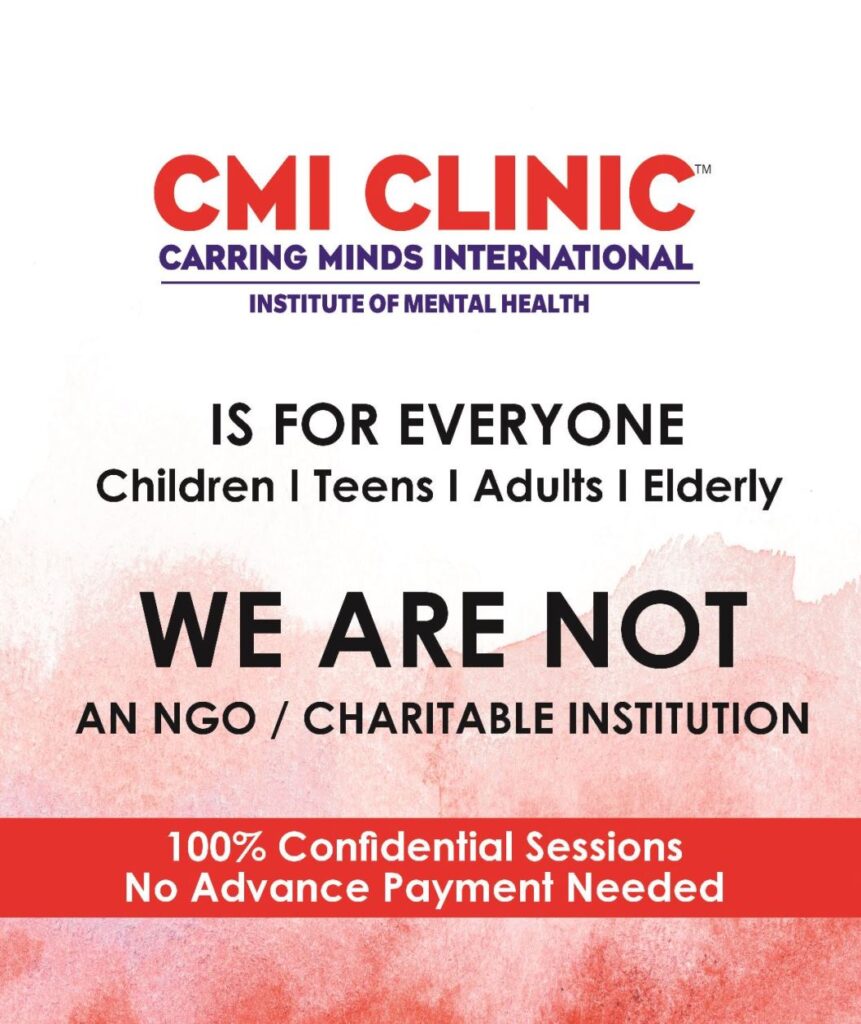Borderline Personality Disorder
Though this problem is not formally diagnosed before 18 years of age, its first signs tend to appear in late teenage years.
Borderline Personality Disorder (BPD) is characterised by instability of feelings, sense of identity and mood. Intimate relationships also tend to be unstable ranging from extreme attraction to a decline in the intensity of such attraction over time. Thus, there may be multiple romantic relationships in such teenagers.
They also tend to have a strong fear of losing the one they love and can go to various lengths to avoid this. They often experience feelings of emptiness and sadness. They may engage in hurting themselves physically when they experience intolerable emotions. Such problems need to be addressed in order to enhance their overall functioning.
Antisocial Personality Disorder
Though this problem is not formally diagnosed before 18 years of age, its first signs tend to appear in late teenage years.
Persons who show a persistent disregard for the feelings and rights of others can be identified as having an antisocial personality. They also tend to lack moral values or conscience.They have shallow emotions and rarely engage in meaningful long-term relationships. They may be seen exploiting or manipulating others in order to satisfy their own needs.
Their behaviours tend to be frequently marked by aggression, impulsiveness and criminal acts. Thus, it is quite likely that they run into legal conflicts. People such as them also tend to have a history of alcohol or drug abuse.












